Are you a Matcha seller? Join as a Vendor
Encha brings you the purest expression of Japanese matcha, sourced directly from organic farms in the Uji mountains outside Kyoto. Founded in 2014 by Dr. Li Gong, a Stanford Ph.D. who left his Silicon Valley VP position after experiencing what he calls “Zenergy”—the unprecedented calm focus from authentic organic matcha—the brand exists to make premium organic matcha accessible and affordable.
Dr. Gong’s journey began with a research quest through Japan and eastern China in 2014. After tasting matcha from an organic farm in Uji, he immediately recognized something different. The farm uses traditional cultivation methods perfected over centuries, including three-week shade growth to boost theanine production and complete removal of stems before grinding.
Encha maintains exclusive relationships with these Uji farms, ensuring complete visibility into every step of production. The matcha plants grow in mountain ridges where natural barriers prevent pesticide overflow from conventional fields—a requirement for true organic certification.
Every Encha matcha product carries USDA organic certification, non-GMO verification, and comes from first harvest (ichibancha) leaves—the highest quality available. The brand’s commitment stems from Dr. Gong’s belief that “intrinsic value doesn’t require extrinsic fanfare.” This philosophy translates to transparent sourcing, educational support, and products free from synthetic fertilizers or pesticides.
The farmers Encha partners with switched to organic methods primarily to protect their own health. Their patience and daily soil care produce matcha with a delicate, pleasant grassy note that reflects genuine spring freshness—not the flat taste that comes from chemical enhancement.
Encha offers multiple matcha grades to serve different needs:
Each grade maintains the same organic integrity and direct farm sourcing that defines the brand. Whether you’re whisking a traditional bowl or blending a morning latte, you’re experiencing matcha grown with meticulous care in soil nurtured through natural fertilization—the way it’s been done for generations in Uji’s legendary tea fields.
Encha offers two distinct grades of matcha (抹茶), each carefully cultivated to deliver a unique experience from their organic farm in Uji (宇治), Japan.
Ceremonial Grade Matcha represents Encha’s premium offering, crafted from the most tender first-harvest leaves plucked each spring from late April to mid-May. This grade delivers a vibrant green color with minimal bitterness and a complex flavor profile described as full-bodied and delicately grassy. The taste journey begins with fresh, crisp notes that evolve into a sweet and grassy middle, culminating in a rich, smooth, nutty umami (旨味) finish. The high concentration of chlorophyll and L-theanine contributes to both the matcha’s striking color and its calming properties. This grade is best prepared traditionally – simply whisked with hot water at around 160°F (70°C) until frothy, allowing its nuanced flavor to be fully appreciated.
Latte Grade Matcha is made from standard, high-quality first-harvest leaves and presents a slightly stronger, more assertive flavor profile. It offers a fresh, sweet vibrancy with a mildly grassy middle and a smooth, tangy umami finish. This bolder taste makes it ideal for lattes and milk-based beverages, where it can stand out against the richness of milk. Encha recommends using plant-based milks like almond, coconut, or soy to avoid potential interference with the absorption of antioxidant catechins. The stronger flavor profile means additional sweetener is typically unnecessary.
All Encha matcha carries USDA and JAS certified organic status, guaranteeing production without synthetic pesticides, herbicides, or fertilizers. The company conducts rigorous third-party testing for heavy metals including lead, cadmium, and arsenic, with lead levels typically below 0.5 ppm – far below regulatory limits. Each batch undergoes testing with results available upon request, ensuring adherence to stringent safety standards.
The matcha is packaged using food-safe materials and stored in cool, dry conditions to maintain freshness during shipping and storage. Products are accessible through Encha’s online store, Amazon, Walmart, and specialty shops nationwide.
Encha emerged from an unlikely intersection of Silicon Valley engineering and Japanese tea tradition. The company’s story begins with Li Gong, a Stanford University Ph.D. in Electrical Engineering, who discovered his calling during a transformative experience in Uji, Japan in the early 2010s.
Working as a busy professional who relied on coffee to combat jet lag during work trips, Li Gong found himself experiencing anxiety and unclear thoughts from his caffeine dependence. This changed dramatically when he encountered the focused energy and clarity derived from delicate, organically farmed matcha in Uji, Japan’s most renowned matcha-producing region.
The contrast was striking – where coffee induced anxiety, matcha provided calm focus. Inspired by the zen-like tea ceremony depicted in the film ‘Ask This of Rikyu’, Li Gong founded Encha in 2014 with a mission to share this superior source of energy and well-being with others.
From its inception, Encha established direct relationships with organic farms in Uji, Japan, a region celebrated for producing the world’s finest matcha due to its unique terroir. The company’s commitment to sustainability and ethical practices became foundational, ensuring their matcha promotes both personal well-being and contributes to a healthier planet.
Encha developed a distinctive two-grade system: Ceremonial Grade crafted from the most premium first-harvest leaves plucked each spring from late April to mid-May, and Latte Grade made from standard high-quality first-harvest leaves. Both grades maintain the company’s strict organic standards and traditional production methods.
The company achieved both USDA and JAS organic certifications, guaranteeing production without synthetic pesticides, herbicides, or fertilizers. Encha goes beyond basic organic requirements, conducting rigorous third-party testing for heavy metals including lead, cadmium, and arsenic, with results available upon request.
Traditional production methods remain central to Encha’s identity. The tea plants are shaded for approximately 20 days before harvest using traditional methods, increasing chlorophyll content and enhancing L-theanine production. The selected leaves are meticulously ground using traditional granite stone mills operated at deliberately slow speeds of 20-40 RPM to preserve delicate flavors and nutrients.
Stanford Ph.D. Li Gong discovers the focused energy and clarity of organically farmed matcha during a transformative experience in Uji, Japan, contrasting sharply with the anxiety-inducing effects of his previous coffee dependence during work travels.
Li Gong establishes Encha, inspired by the zen-like tea ceremony depicted in ‘Ask This of Rikyu’ and driven by a mission to share superior matcha energy and well-being. The company begins sourcing directly from organic farms in Uji, Japan.
Encha develops its distinctive product line featuring Ceremonial Grade matcha from premium first-harvest leaves and Latte Grade from standard high-quality first-harvest leaves, both maintaining strict organic standards and traditional production methods.
Encha achieves both USDA and JAS organic certifications, guaranteeing pesticide-free production and establishing rigorous third-party testing protocols for heavy metals including lead, cadmium, and arsenic to ensure product purity and safety.
Find below some answers to the most common questions about Encha.
Encha Ceremonial Grade costs $19.95 while Encha Latte Grade is priced at $17.95, making the ceremonial grade $2 more expensive. This price difference reflects the more selective leaf harvesting process for Ceremonial Grade, which uses only the most tender, youngest leaves from the first harvest. The Latte Grade uses standard high-quality first-harvest leaves, making it more accessible while still maintaining Encha’s organic quality standards.
Li Gong’s engineering background from Stanford University brings a scientific precision to Encha’s matcha production that sets it apart from traditional tea companies. His transition from Silicon Valley’s high-stress environment to matcha cultivation was driven by discovering how matcha provided focused energy without the anxiety-inducing effects he experienced with coffee.
This personal experience led him to establish rigorous third-party testing protocols, including lead testing with levels kept below 0.5 ppm (the most stringent California Proposition 65 limit). His analytical approach also ensures their granite stone mills operate at precisely 20-40 RPM to prevent overheating and preserve delicate nutrients.
Encha specifically recommends almond, coconut, or soy milk for their Latte Grade matcha because dairy milk can interfere with the absorption of antioxidant catechins found in matcha. This recommendation is based on their understanding of how different milk proteins interact with matcha’s beneficial compounds.
Encha employs a precise 20-day shading period before their late April to mid-May harvest, using traditional straw mats or tarps to cover their tea plants in Uji. This specific timing is calibrated to maximize L-theanine (amino acid for calming effects) and chlorophyll production while reducing catechins that contribute to bitterness.
The shading process directly transforms the tea leaves’ chemical composition, resulting in Encha’s signature vibrant green color and the smooth, umami-rich flavor profile that characterizes both their Ceremonial and Latte grades. This traditional method, combined with Uji’s unique microclimate of high humidity and frequent fog, creates the distinctive taste that inspired Li Gong’s original transformation from coffee to matcha.
While Encha sources directly from their dedicated organic farm in Uji, Japan, the research doesn’t indicate public farm tours or visits are available. Encha maintains direct relationships with their Uji farmers to ensure USDA and JAS organic certification standards are met, including the requirement that land be free of prohibited substances for at least three years.
Their Uji location benefits from the region’s unique terroir – fertile volcanic ash soil, mountainous terrain providing natural shade, and pristine water sources. However, for specific information about farm accessibility or educational visits, you would need to contact Encha directly through their official channels.
There are no results matching your search
Click below to see the profile of a matcha brands similar to Encha.
No results available
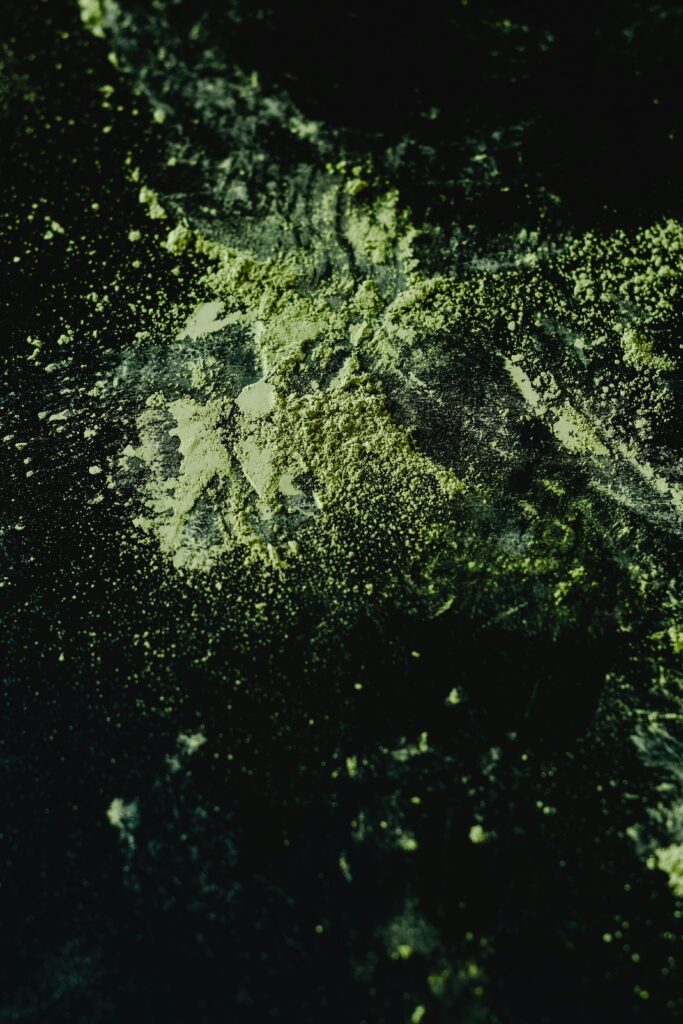
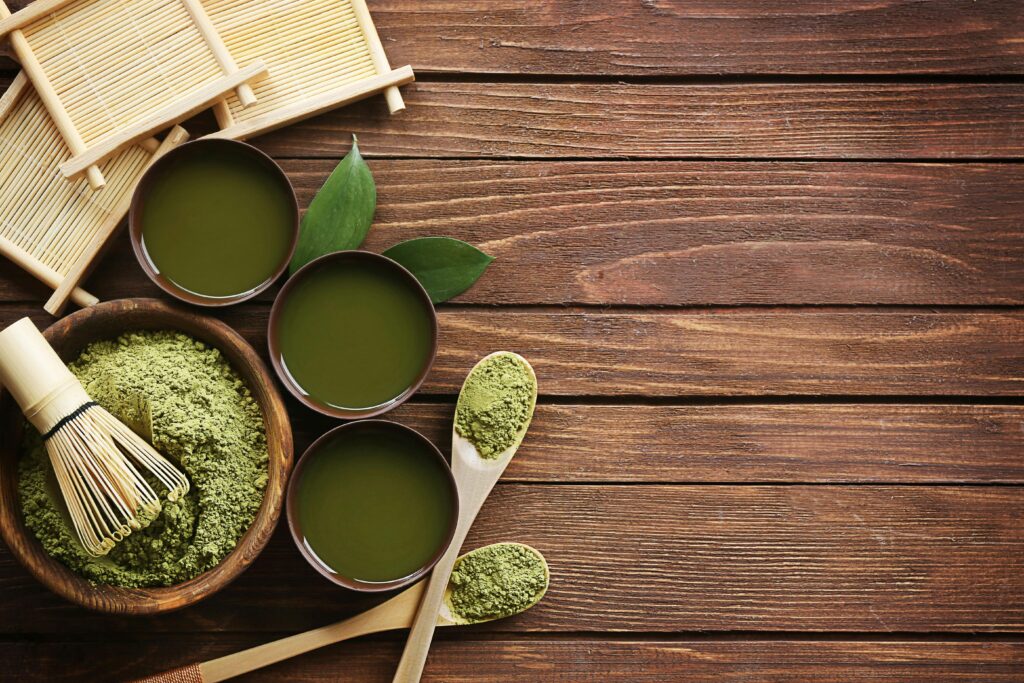
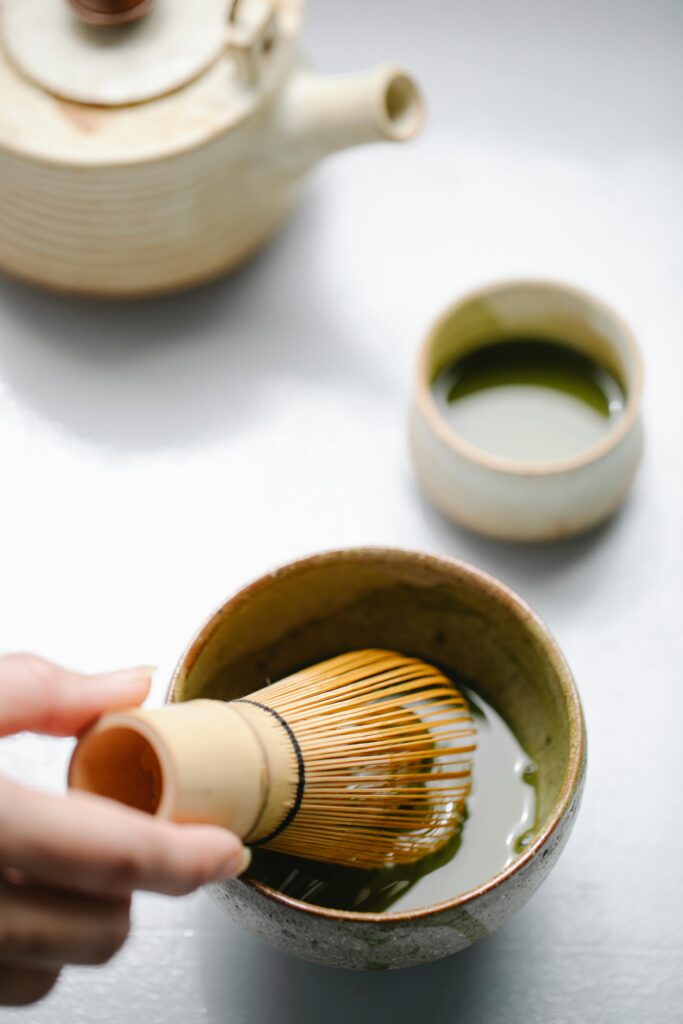
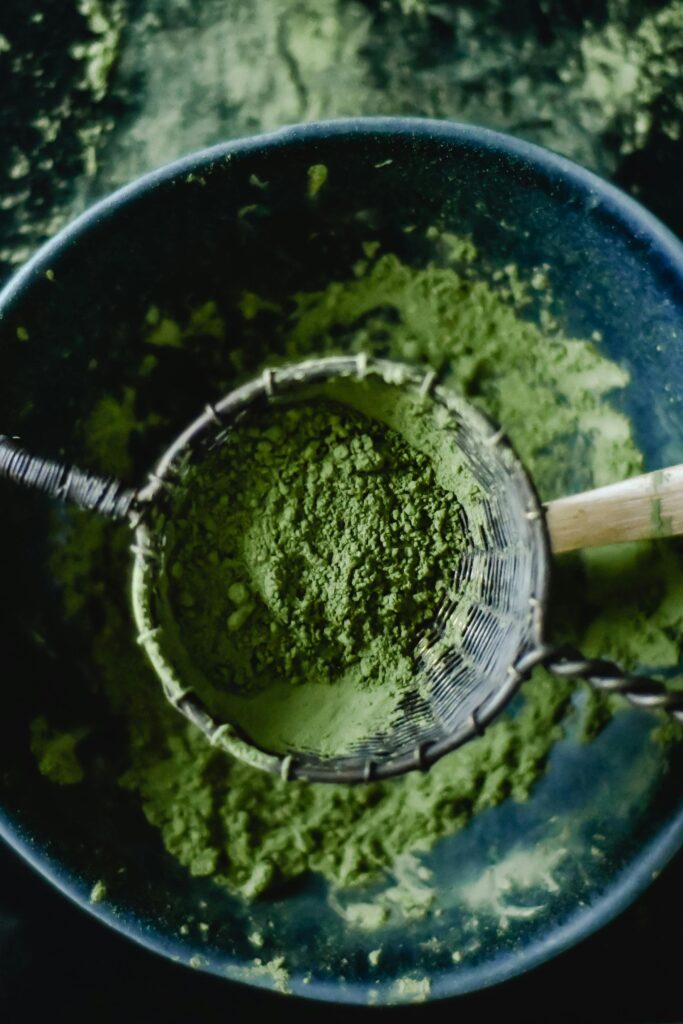
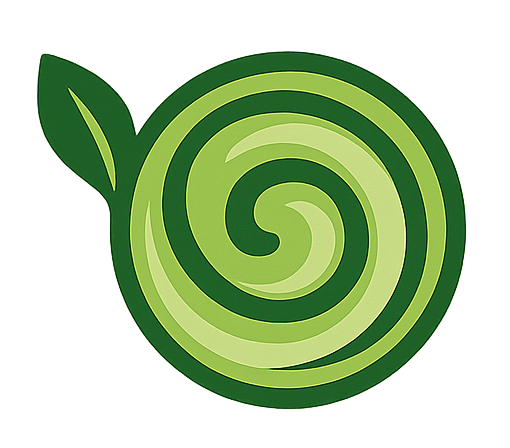
Join our mailing list to receive updates and exclusive tips.
There are no results matching your search